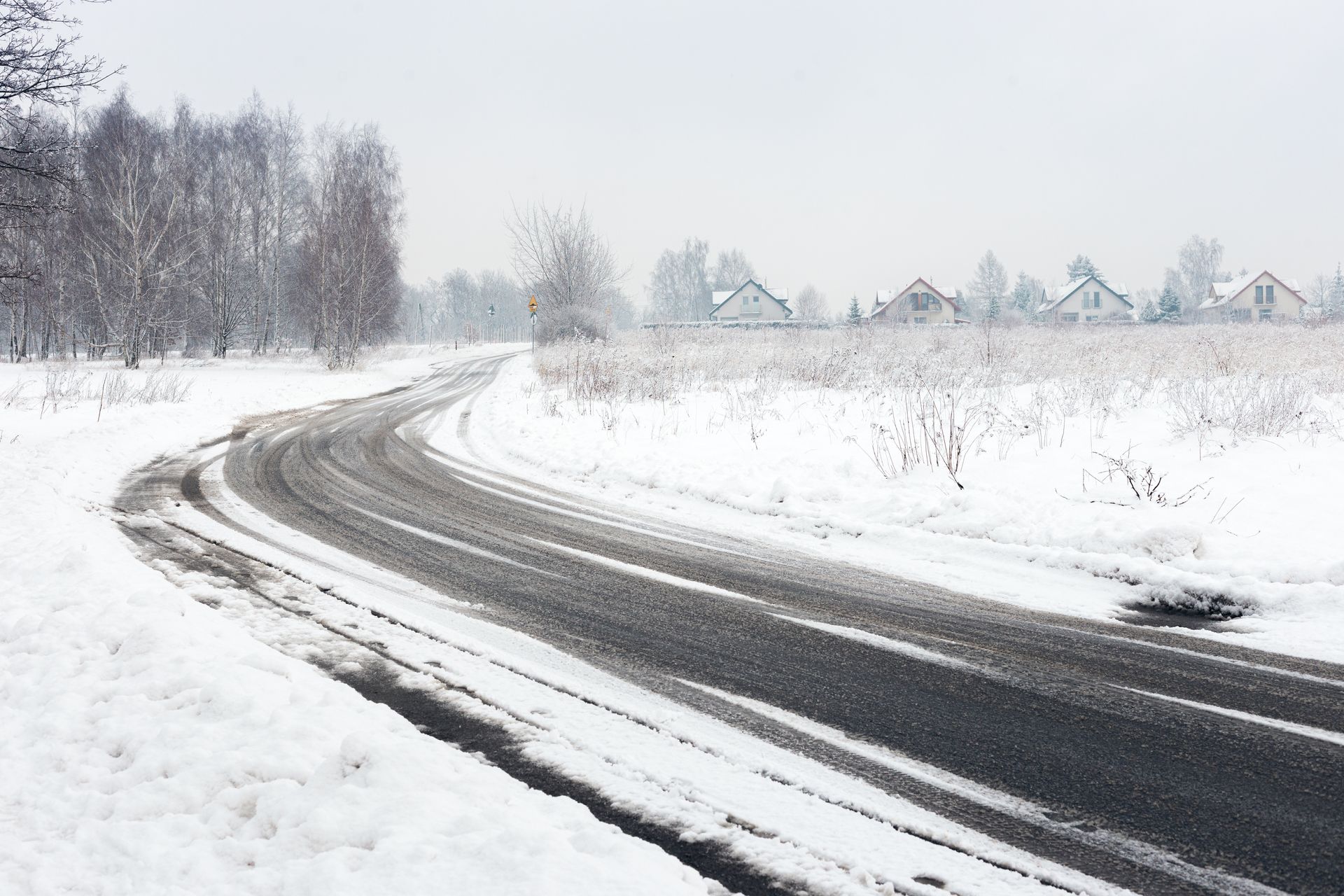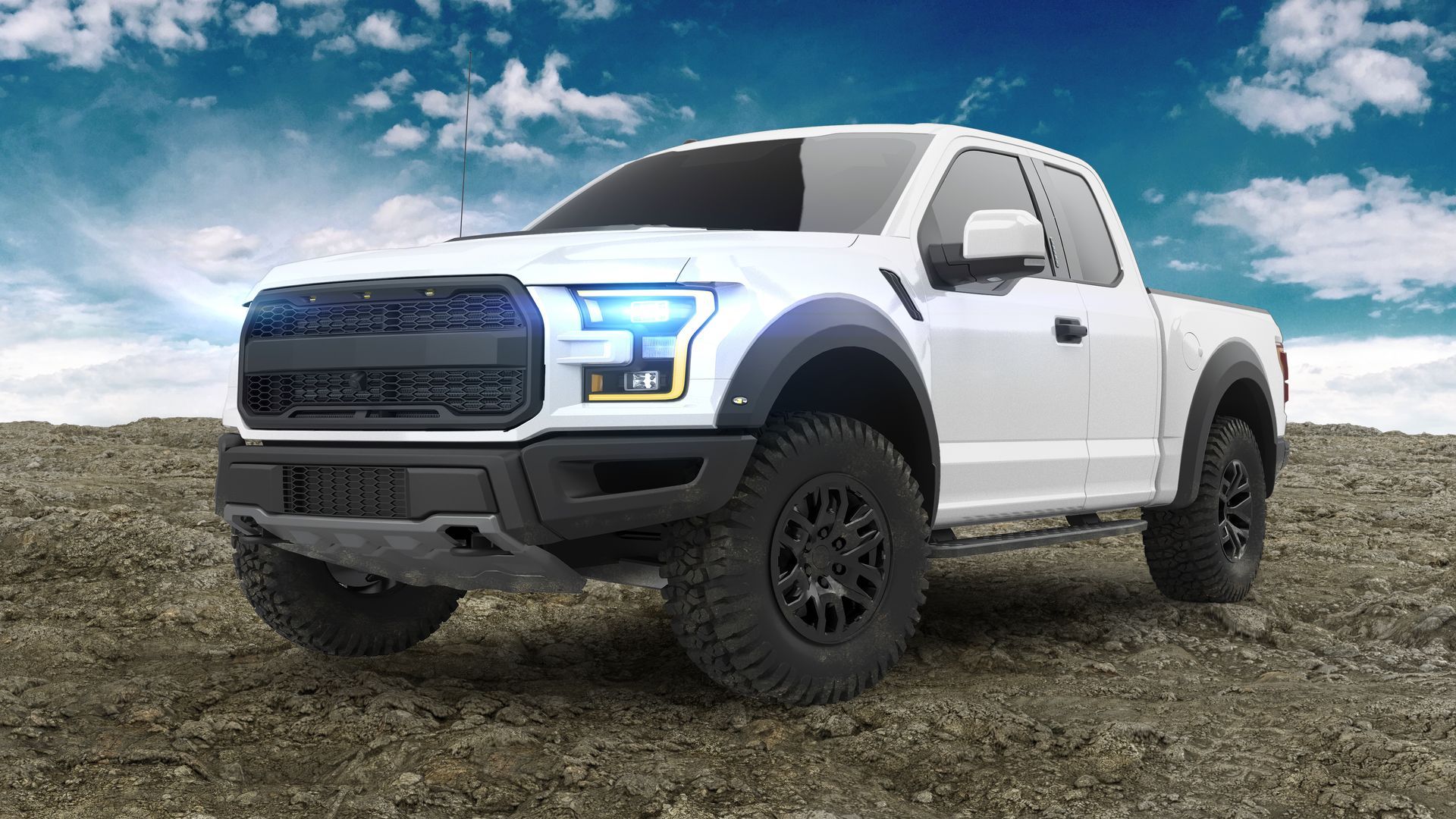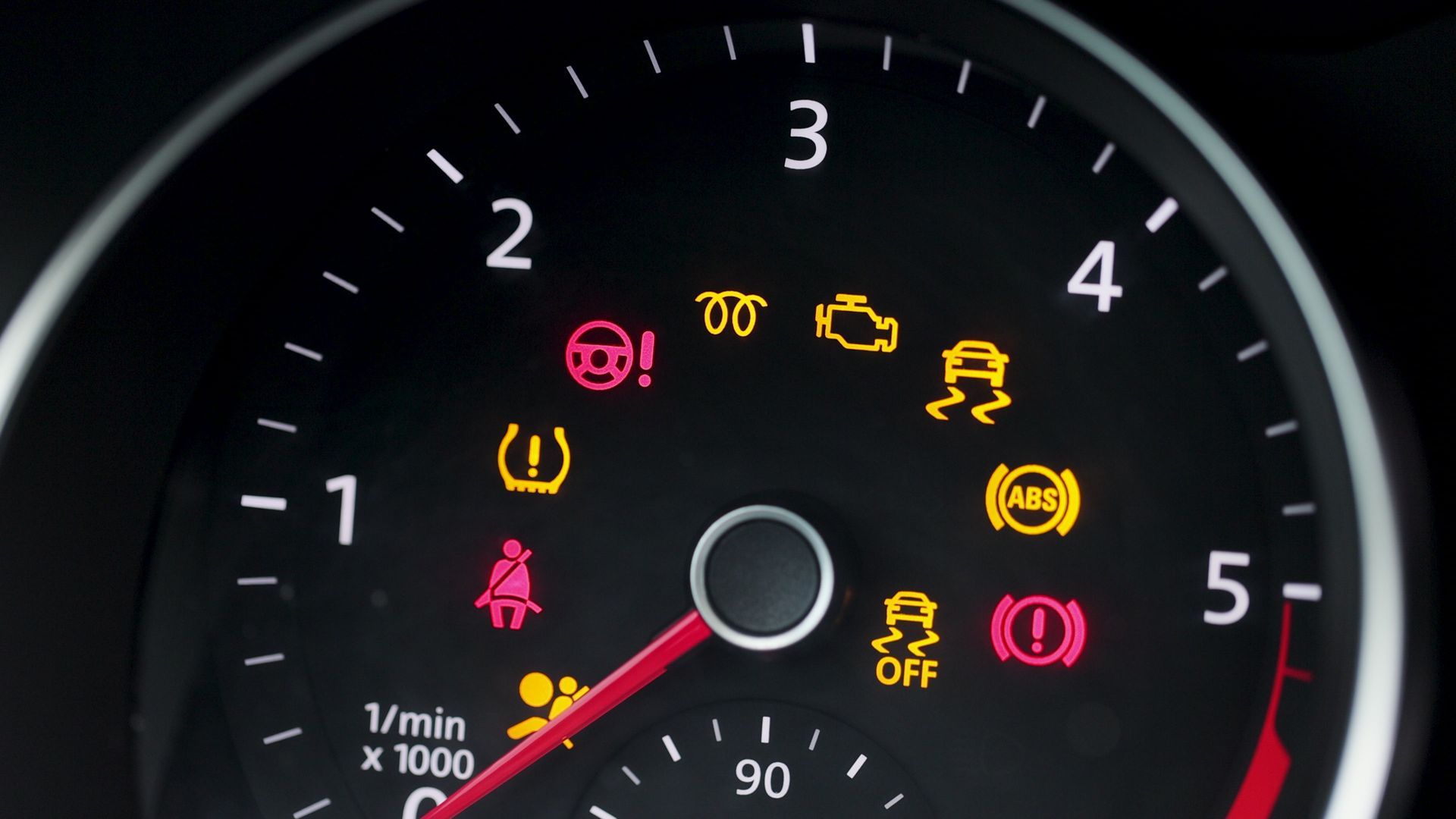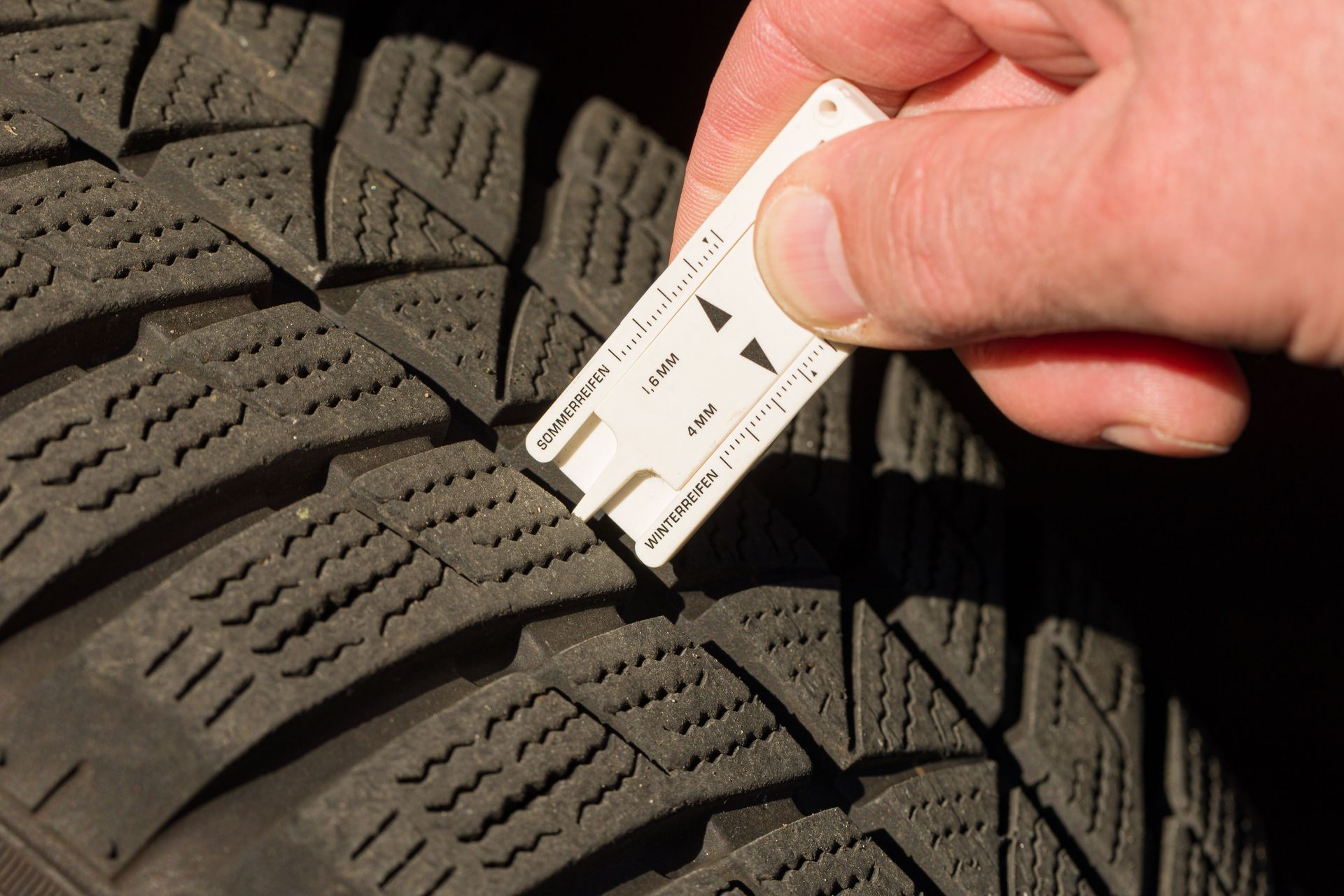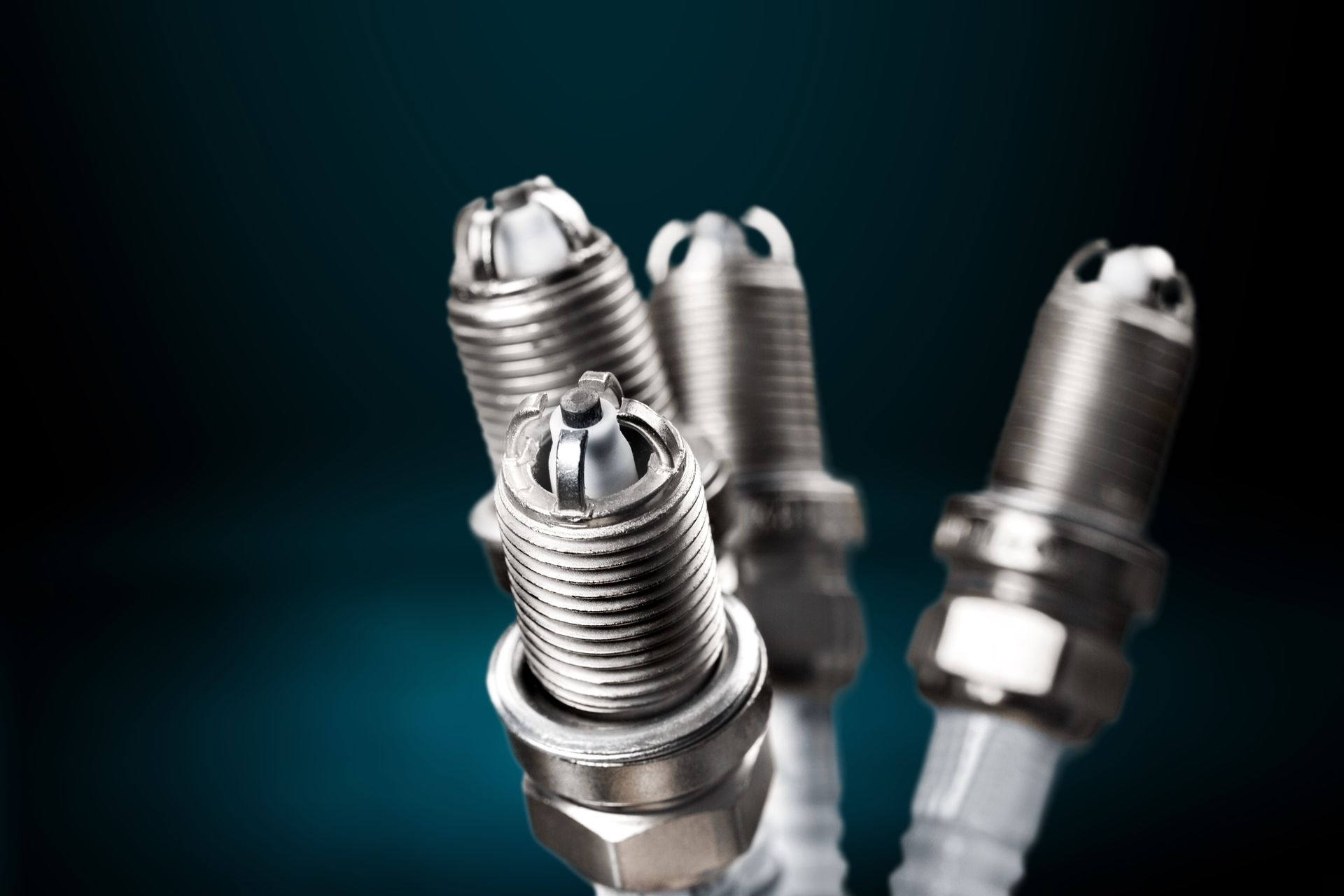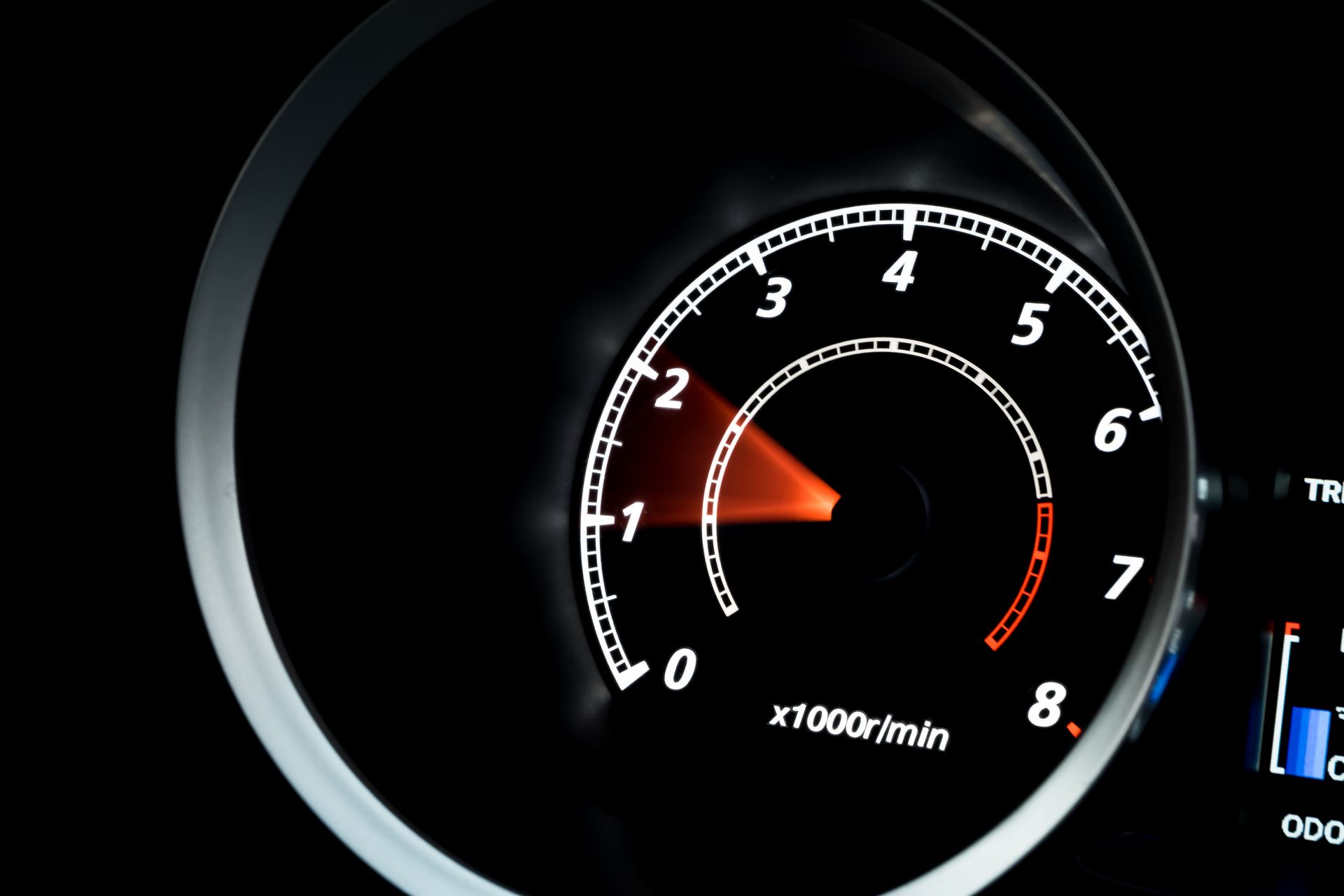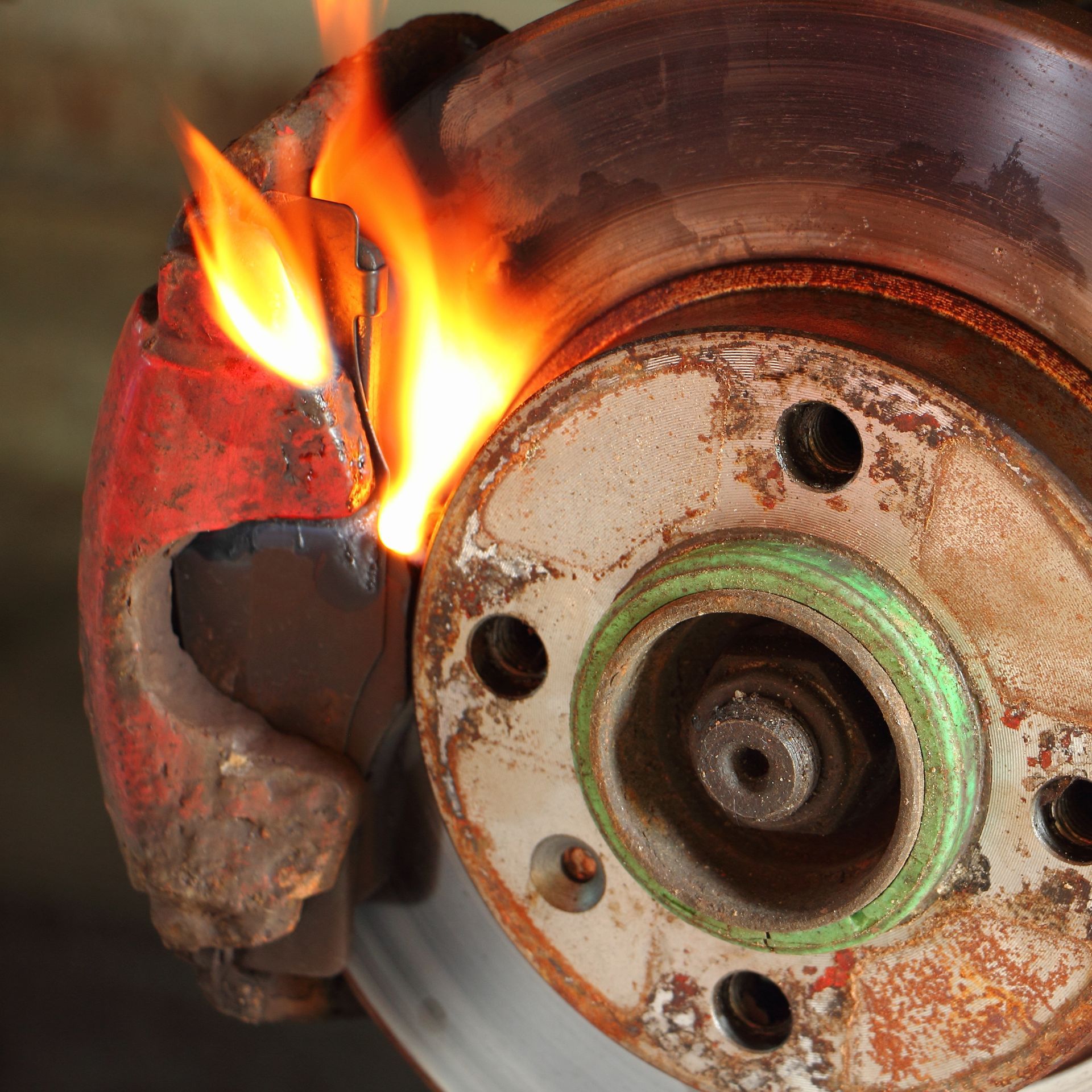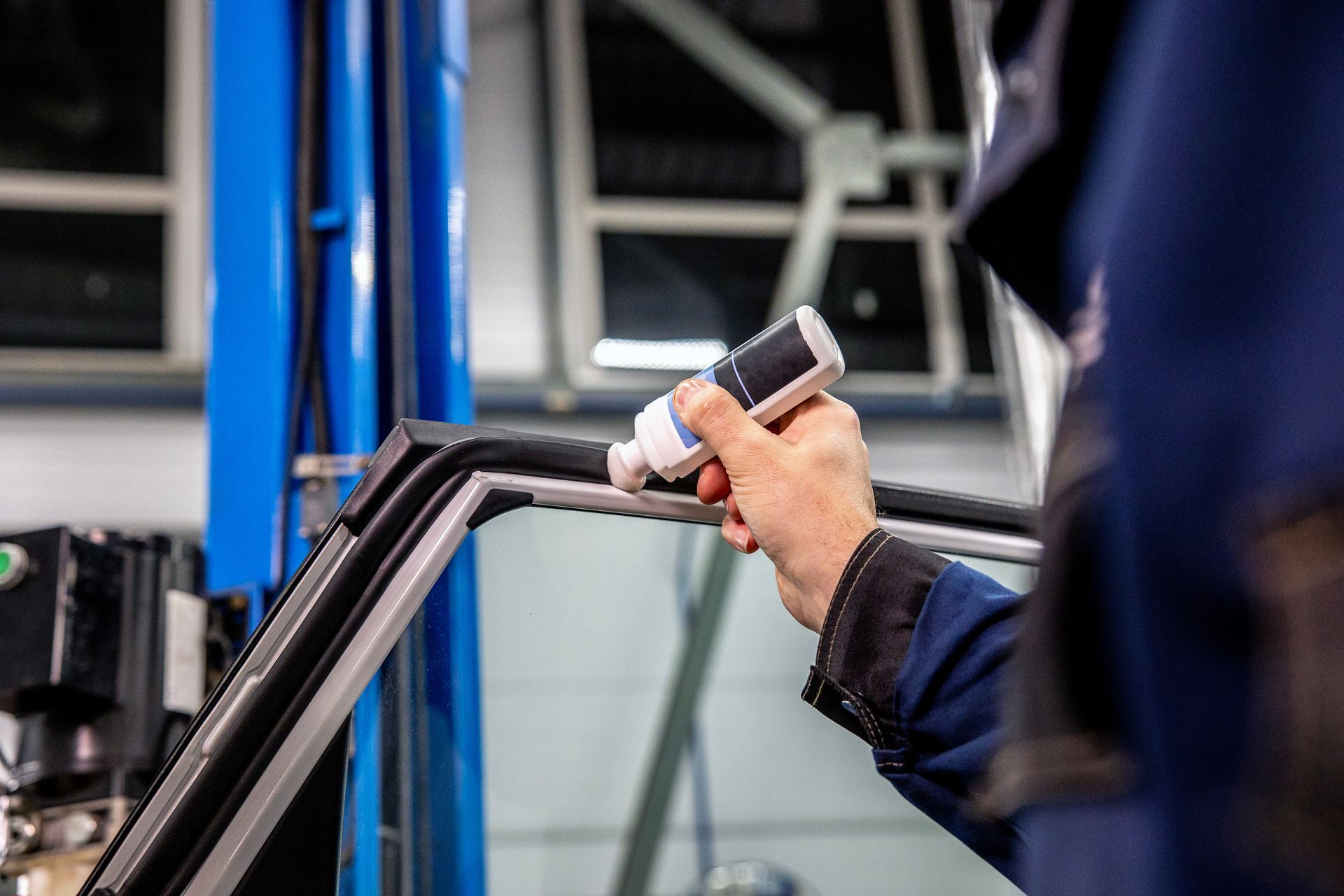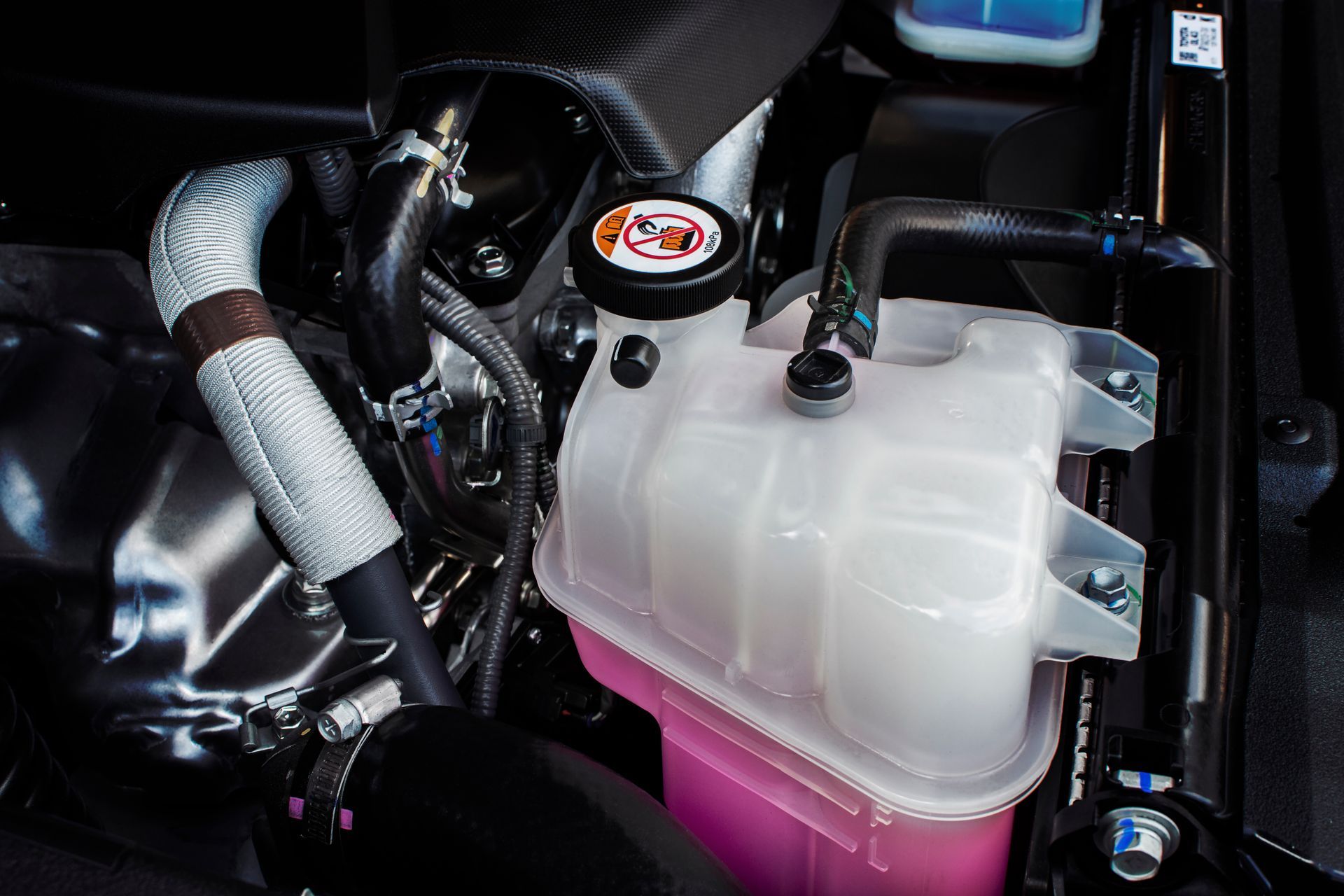Get Ready for Winter Driving
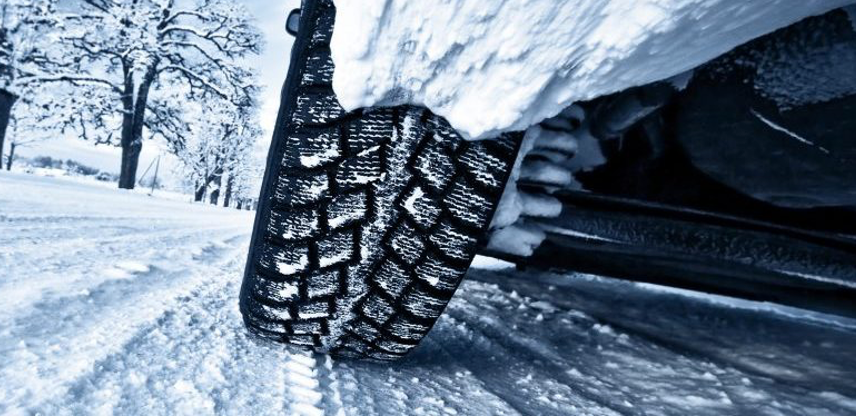
Driving during the Winter months can be challenging. In this article I will give you ways to prepare your car for the Winter, and also give you driving tips to stay safe on the road.
Preparing your car for Winter:
- Ask your auto repair professional about engine oil treatments and fuel additives, which will give your engine and fuel system additional protection during the winter months.
- Make sure your car is up to date with all required maintenance services. Check with your auto repair professional for more details on specific services required for your vehicle.
- Check your records for the last time you had your car’s antifreeze changed. Antifreeze protects your engine during cold winter temperatures.
- If it’s been over a year since your last oil change, have it changed, no matter how many miles since the last oil change service.
- Have your tires inspected! Your tires are perhaps the most important safety item during the winter months.
- If you need to travel during all types of weather conditions this winter, you should consider winter snow tires. Winter tires have a distinct advantage over regular tires in snow and in colder temperatures.
- Have your car battery tested. Car batteries usually last about 4 to 6 years and may fail without warning. Marginal, borderline batteries fail more often in colder temperatures. You don’t want to be stuck on a cold winter day with a dead battery!
- Inspect your wiper blades. If it’s been more than six months, my advice is to replace them.
- Make sure your car’s heater is working properly, along with the front and rear defrosters.
- Keep your windshield washer fluid bottle topped off and carry an extra bottle of washer fluid in your trunk.
- Keep your car as clean as possible during the winter, inside and out. Snow, ice, and salt can have damaging effects on your car.
- If at all possible, have your car detailed with a good coat of wax before the winter.
Winter Driving Tips:
- Keep your fuel tank more than half full at all times. You never know when you may be stuck in bad weather or heavy traffic.
- Maintain your distance between your car and the car in front of you. Also, don’t speed, especially during bad weather. The number one cause of car accidents is driving too fast.
- If you don’t have to drive in bad weather, stay home.
- Make sure you carry your cell phone, phone charger and a list of emergency contacts.
- Always have warm clothing with you, bottled water, and snacks.
- Plan out your route and always let friends and family know your driving routine.
- Carry a snow broom, a small shovel and ice scraper in your trunk area.
- Before heading out on the road, always check the weather reports.
- Always tap the brakes as you first head out onto the road, especially in the morning. Black ice can be treacherous and cannot be easily seen.
- Avoid distractions, such as your cell phone.
- Never warm up your vehicle in your garage, or in any enclosed area.
- After a snowfall, make sure your exhaust tailpipe is clear.
- Accelerate slowly in wet and snow-covered roads. Accelerating too quickly may cause your car to skid and lose control.
I hope these tips were helpful. Driving during Winter months can be challenging but with a little preparation, you can be assured that you will have safe, reliable transportation and worry-free driving!
Save money by taking advantage of our Winter Preventive Maintenance Package! Get your car ready for Winter driving!
https://www.osceolagarage.com/promotions/fall-maintenance-package-2/

